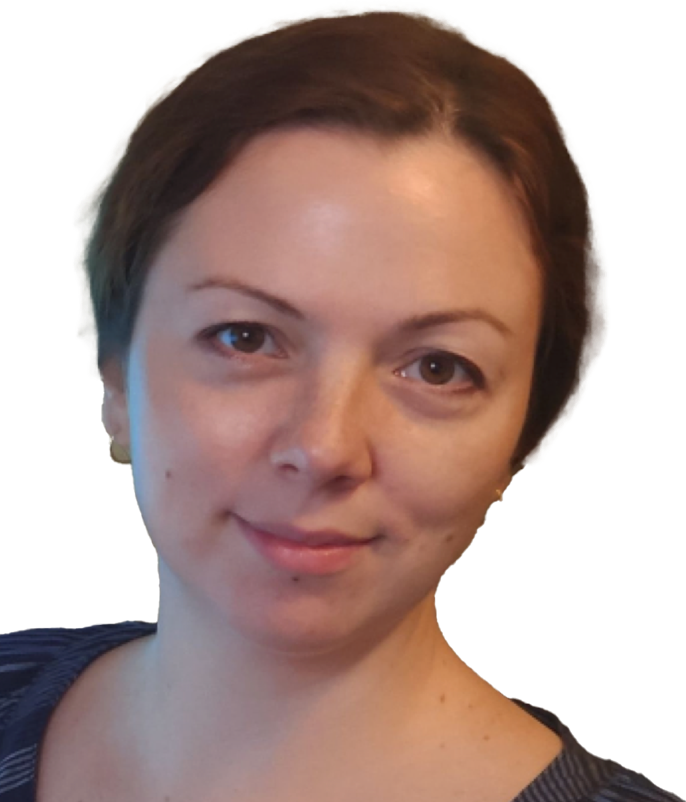Focus on Health Care
Pathways to Success
Even before the pandemic stretched into 2021, we knew that the U.S. was facing a troubling dearth of medical workers. Estimates suggest that before the end of the decade there will be a shortage of over 2 million health care workers, while more than 260,000 immigrant and refugee health care workers remain at the sidelines. Realizing that skilled immigrant labor could help fill the gap, Upwardly Global sought alternative pathways for medical professionals to support frontline needs, and ways to expedite medical relicensing in regions throughout the country.
By mid-2021, Upwardly Global and the NewYork-Presbyterian Hospital system formed a groundbreaking model and new partnership that would allow Upwardly Global’s internationally trained immigrant job seekers to receive paid internships and mentorship. The model addresses staffing needs with a new, diverse pool of talent; equips our medical system to have a greater, more equitable impact on health access and outcomes in underserved communities; and offers alternative career pathways for immigrants with international credentials and experience.
During the first part of the pilot, we engaged 50 Upwardly Global job seekers with backgrounds in health care, technology and administration to work at the hospital; many of them have received extended terms of service and full-time jobs. In 2022, our hope is this model can be adopted and duplicated in other regions and career fields throughout the country.

Dr. Jacky Petion
A physician from Haiti who joined the NewYork-Presbyterian–Upwardly Global program. He was recently placed in a full-time position in the Pulmonary Division.



